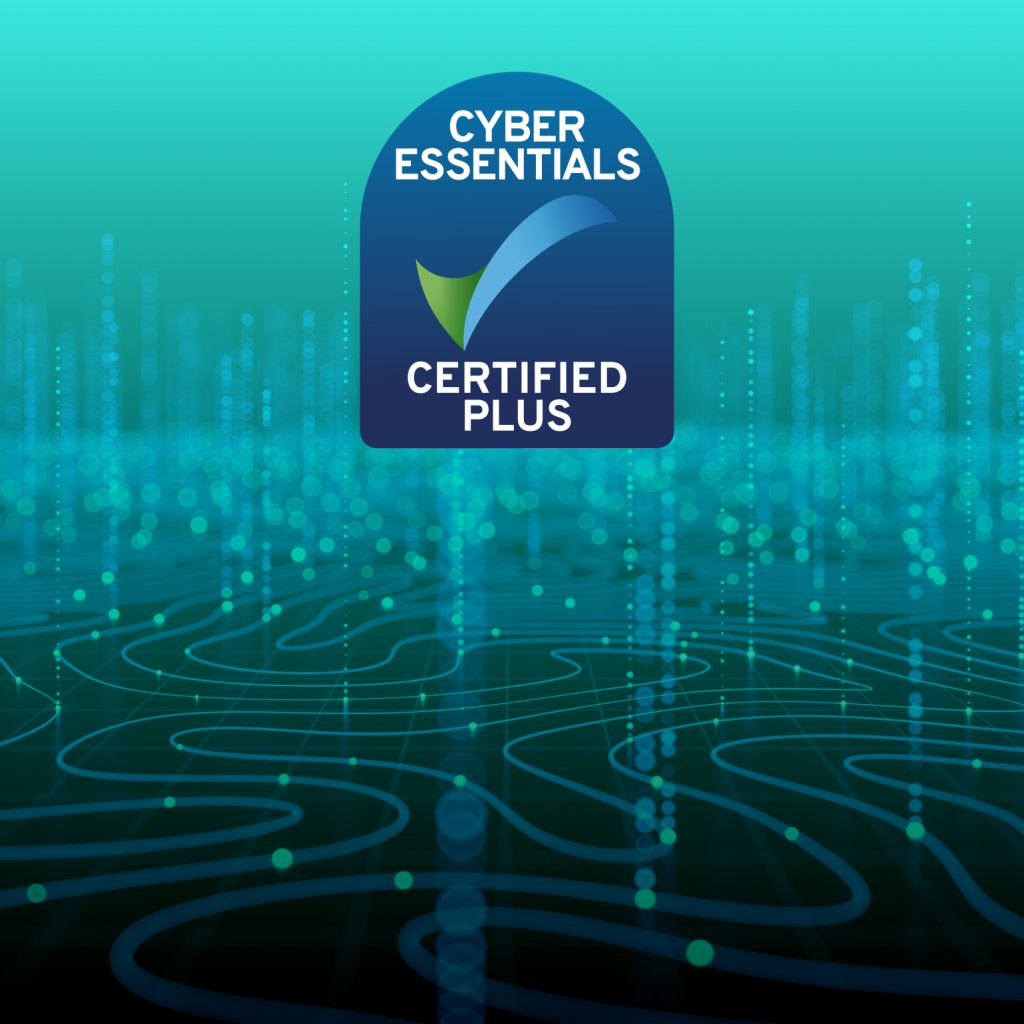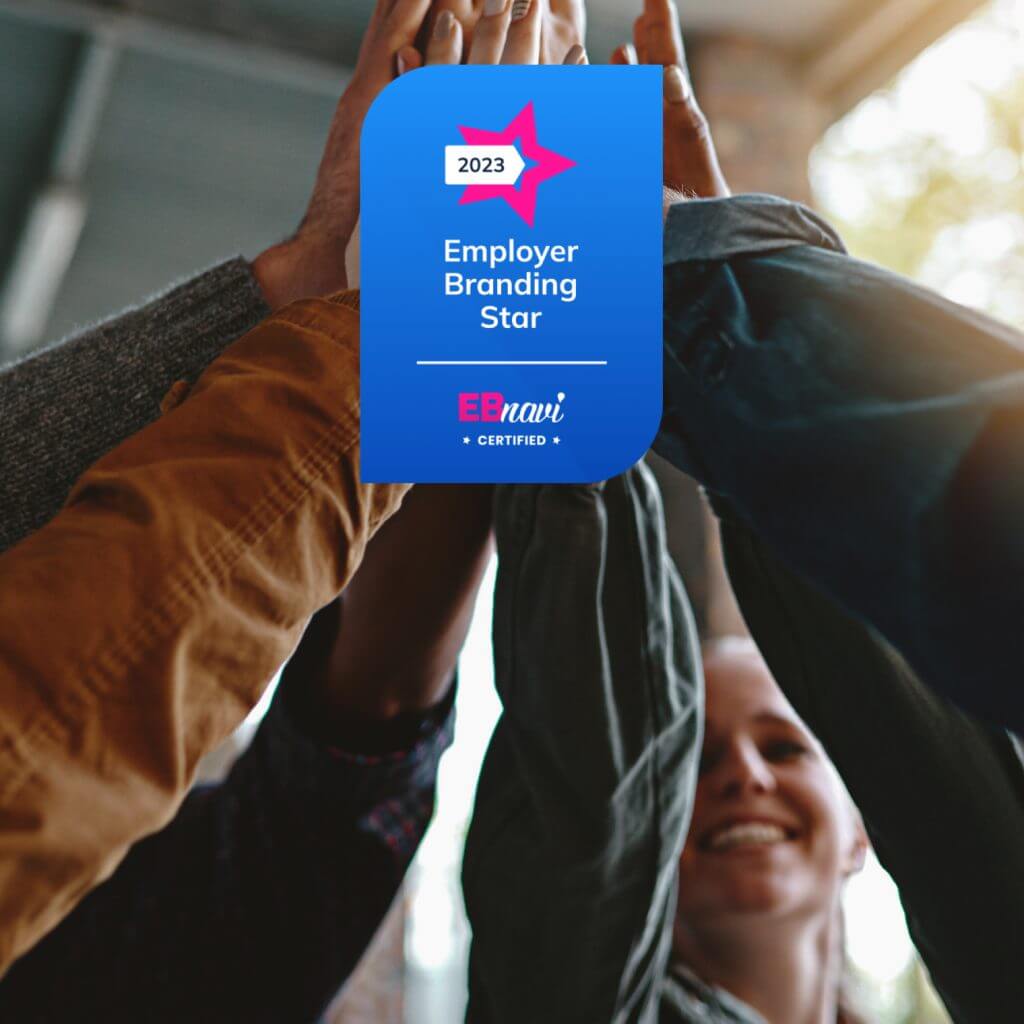Whether a firm wants to validate and fulfil its product vision, cost-effectively scale its operations or plug a talent or skills gap, outsourcing can provide a solution. But it’s not without its stumbling blocks.
Firstly, outsourcing models come in several flavours, including onshoring, offshoring and nearshoring. Lately, more and more businesses are opting for nearshore software development because of its geographical proximity and myriad other benefits. Yet, in spite of its advantages over the offshore service model, the cost of nearshoring raises some concerns.
Secondly, finding the right nearshore software development company to partner with can be tricky. Naturally, executives want to work with best-in-class vendors but, at the same time, they’d prefer to keep the cost of software development down. So, choosing an experienced outsourcing partner that gels with your organisation, understands your business vision and provides value for money isn’t an easy task. The key is not to rush it: weigh up all the pros and cons so that you can make an informed decision, rather than simply chasing the cheapest option.
To help get you started on your outsourcing journey, we’ve compiled a step-by-step guide to choosing a nearshore software development company that fits your needs and budget.
Step 1: Understand your company's IT outsourcing needs and challenges
The most successful companies to launch software products to market know that it’s vital to understand their business’ end goal, key milestones and any challenges before they kick-start a development project. Defining your objectives and requirements will help you determine the crucial aspects of any outsourcing cooperation. And it’s not only about your budget and timeline but also your expectations regarding the depth of a vendor’s involvement in your business and its geographical location and availability, etc. These factors will help you scope out the right partner and potentially also identify any problems that could hinder the delivery and quality of services.
"Like a game of chess, always think two moves ahead".
Here’s a list of factors to consider, especially if you’re embarking on your first outsourcing project:
- Do you need a long-term business partner or short-term support for things like developing an MVP, introducing small changes to an existing product or covering compliance?
- What role do you want an outsourcing company to fulfil within the larger context of your business?
- Do you want to dive straight in with the full project or start small and extend once you’ve verified success?
- Do you need daily contact with the team or would you rather the vendor take care of team allocation and management, leaving you responsible for laying down requirements and ensuring workload?
- Do you want to kick-off implementation immediately, or can you take things slower and build in time for product design and market research?
Step 2: Know the difference between nearshoring, offshoring and onshoring
Once you’ve defined your key business goals and requirements, you can start considering your software development model. The main differentiating feature is the geographical distance between a client and its outsourcing services provider.
Onshore outsourcing positions your potential partner closest to you, for example, in the same country or city. The minimal time difference is great in terms of streamlining communication, but it can come at a hefty hourly rate. Offshore outsourcing, on the other hand, situates your development partner further away and typically in a different time zone, which can present an obstacle to communication but offers lower fees.
Nearshore outsourcing marries the best elements of both and is generally considered the optimal outsourcing model. Geographical proximity—your software development team is in the same time zone as you—helps overcome any communication or cultural barriers and offers excellent cost-efficiency.
You can learn more about the pros and cons of each model in our blog post: Offshore vs Nearshore Outsourcing: What’s Best for Your Business?


Step 3: Select a nearshore software development company for project implementation
Once you reach the stage of looking for a nearshore vendor, you’ll notice there’s a huge variety of options out there. Many companies provide outsourcing services, but that doesn’t mean that they’re genuinely experienced or competitive. To identify the real experts, you’ll need to examine both your portfolio and your future partner’s in-depth.
Here's a shortlist of the key elements to research when looking for the right nearshore software development company:
- Is the nearshore software development company working with your technology stack? Meeting highly specialised tech requirements and having a wealth of real-world experience are among the most important considerations. Make sure any potential vendor has mastered the programming language that suits you best (C++, Javascript (React/Angular/Vue), C#, Python, Java, etc.) and has experience with the relevant software (CRM, ERP or CMS). You should also explore each vendor’s domain knowledge in specific industries (financial, technological, etc.). And ISO 9001:2015 and ISO 27001:2013 certifications can demonstrate a budding partner’s commitment to quality and security. You can start by checking out vendor websites, focusing on proven experience within your industry, client testimonials and illustrative case studies. Look for media coverage about the vendor, awards from third parties and customer ratings on business review sites.
- How is the vendor managing cybersecurity risks? A remote workforce creates security vulnerabilities. Thus, it’s essential to know how a vendor mitigates this risk. Learn more about the provider’s security strategy and protocols, data storage locations and its standard procedures in the event of data breaches or service disruption.
- What will the communication process look like? Nearshoring offers the least disruptive time difference between a company and provider, with overlapping working hours. This means teams can communicate seamlessly and solve any problems that arise during the development process in real-time. To ensure effective communication, you’ll need to make sure your external team’s language skills are adequate. A lack of language knowledge could lead to reworks and delays, extending your time to market.
Once you’ve conducted this initial research, select three to five candidates that you consider to be the best in their field and can meet your needs. You can then start exploring each in more depth. Schedule an interview to meet each of the vendors in person to discuss both its requirements and yours.
Try not to overdo it with the number of potential providers. Remember, quantity doesn’t equal quality. The fewer candidates you select, the more thoroughly you can get to know each company. You can also check out this article to help you make the most out of your nearshore software development team.
Now, let's think about how you narrow down your nearshore partner. Some of the most important questions to explore are as follows.
1. What outsourcing experience does the vendor have?
The most valuable thing you need to know about a vendor is its previous experience because this indicates the likelihood of a successful partnership and whether the provider can deliver a high-quality product. There are many ways to learn more about your potential supplier's expertise, including:
- Getting acquainted with its service portfolio.
- Reading case studies that prove its success with similar industries/technologies.
- Carry your research so that you can have a comprehensive, nonbiased opinion about your potential vendor’s reputation and expertise.
- Looking for third-party reviews and client references (customer reviews on marketplaces, video reviews and customer testimonials).
2. What’s the nearshore software development company’s technological expertise?
Nothing is more revealing than a technical interview with the software company’s CTO, PO, and senior developers. Analyse their skills in working with your technology stack, architecture, and infrastructure. If ongoing communication with the internal team is central, you can involve third-party developers in testing to assess the external team's ability to think and reason with your people.
Also, in addition to a technical interview, you should:
- Analyse the experience of the company and the development team.
- Consider the number of employees and the attrition rate. If the resignation rate is high, it’s a bad sign.
- Check if the company dedicates enough effort and resources to developing its experts and helping them improve their skills.
- Find out if the potential technology partner organises or actively participates in educational and community events like conferences and seminars. Are there any master classes conducted by the company’s experts? If the answer is yes, you’re probably onto a good thing.
3. What’s its program development process?
If you can, examine the vendor’s software development process, the quality of its development projects and how it meets with your requirements.
- What stages of development does the vendor go through?
- Does it analyse the market?
- What methodologies does it use?
- What project management, reporting and development tools does it use?
4. What’s the stability and safety of the development project?
If you‘re seeking a long-term business relationship, make sure the company is reliable. It’s important to:
- Perform targeted background screening covering possible regulatory violations, criminal convictions, bankruptcy cases, etc.
- Ascertain that the company's policy is transparent and clear to you.
- Understand if the profit and financial condition of the company is stable.
- Check if it has a solid reputation in the development industry.
- Verify its credibility. Can you find some additional information or references about the company on trustworthy third-party resources?
- Check if it has all the essential up-to-date certifications, like SOC, ISO and other, relevant partnership statuses and known industry awards to back up is expertise.
- Check that the expected information security controls, policies and processes are in place.
For insights on how to avoid the pitfalls of outsourcing, read our article: The Risks of Outsourcing That You Could Have Avoided.
5. What will the relationship and cooperation look like?
When seeking an outsourcing partner, you’ll want to choose a vendor with which you can foster a mutually beneficial and secure relationship. During the selection interview, try to get a feel for if you can walk hand in hand until project completion—both during day-to-day work and also in the event of a critical situation.
When interviewing, try not to place too much importance on the managers or executives of the firm. Talk to its specialists and find out what they think about the company they work for. If possible, try to also talk with the developers who actually worked on the project that caught your attention.
When it comes to generating the legal arrangement—meaning your software development contract—there are certain important aspects you’ll need to bear in mind, as well as some pitfalls to watch out for. Our blog post Software Development Contract Warning Flags is dedicated to this topic.
6. Bonus tip: study your vendor’s sales process and interest
During the very first meeting and any subsequent interviews with your potential partner, you should aim to get an extensive and non-biased impression of the company and the people you are going to do business with. While first impressions count, you can’t rely on them entirely. So you should try to analyse as much information you can get before you make your decision.
Apart from all the practical aspects we’ve mentioned in the previous sections, use your instinct and intuition. Pay attention to the nonverbal cues you get during the meeting with the vendor’s representatives. Watch closely for gestures, facial expressions and emotions, etc.
To help you get the full picture, ask leading questions:
- What is their assessment of your vendor selection process?
- Can they point out what they don’t like and what would they change?
- Who will be responsible for the project delivery, who will be involved from the management side?
After communicating with potential providers, talk with their specialists, including developers, designers, project managers, etc. These could be the people who end up working directly with your team. And, since this is a nearshore cooperation model, you should be able to visit the vendor’s office for things like workshops and casual meetings.
Conclusion
Finding the right nearshore software development team is tricky. We’ve outlined some of the key ways in which you can identify the right a nearshore outsourcing company for your business, including:
- Performing background screening and in-depth analysis of the partner you want to work with.
- Taking your time to investigate all possible risks and pitfalls.
- Shortlisting three to five companies with whom you’ll conduct in-depth interviews.
- Trying to communicate not only with managers but with other specialists too.
- Gaining as much information as possible during the interview to help guide your decision.
Once you’ve found the right fit, a nearshoring partner can significantly improve your business efficiency and decrease costs.
Related Insights

















